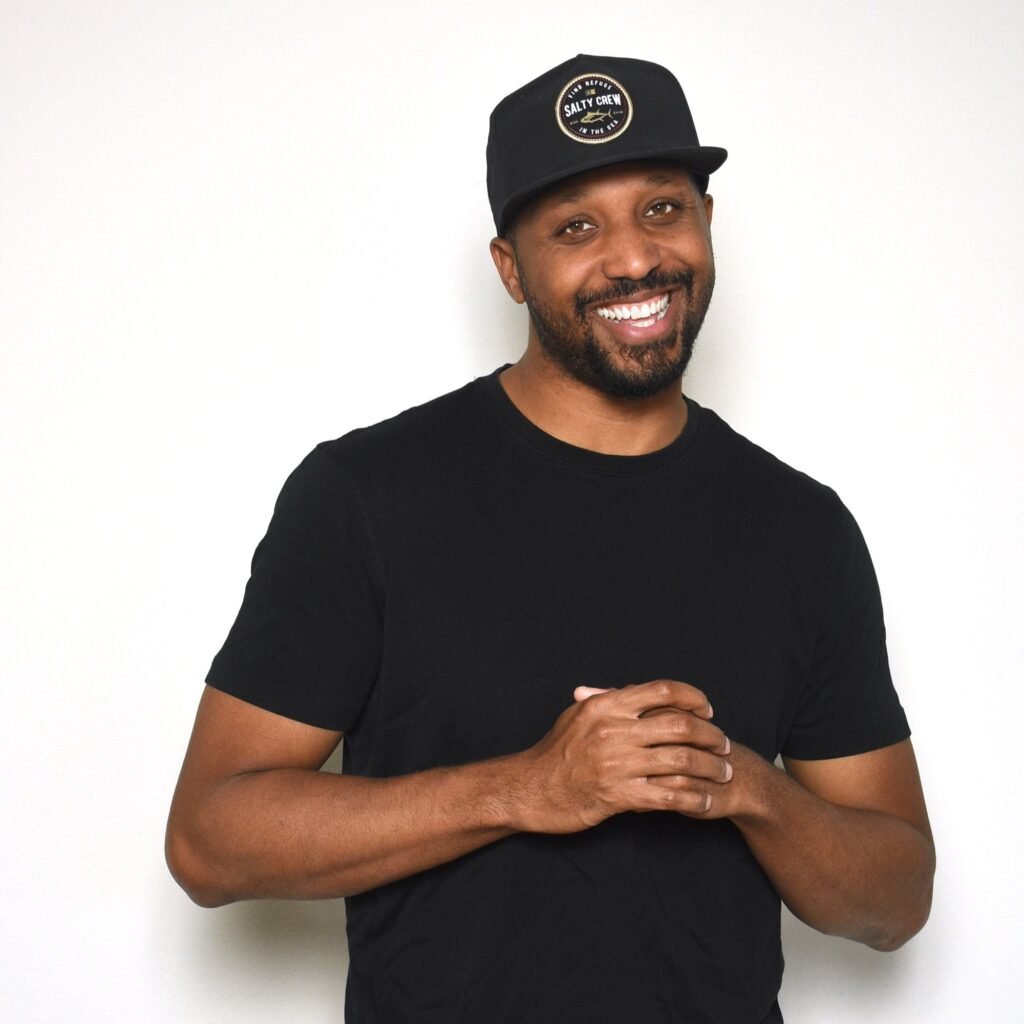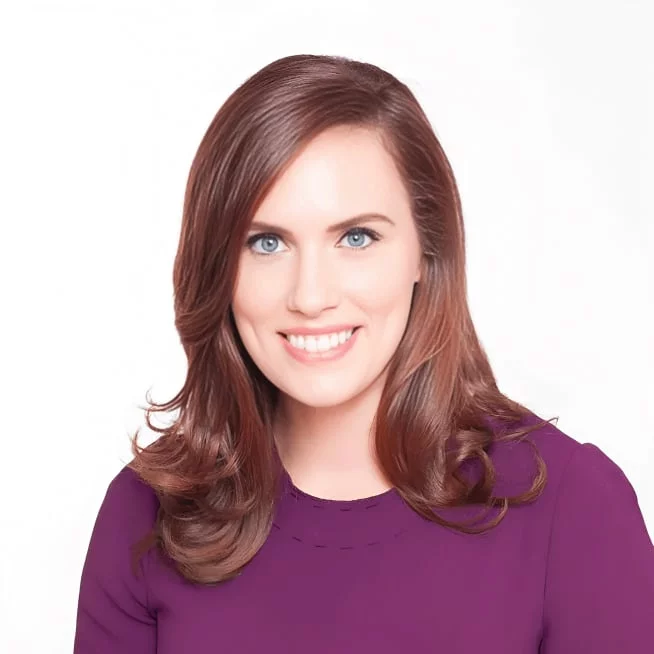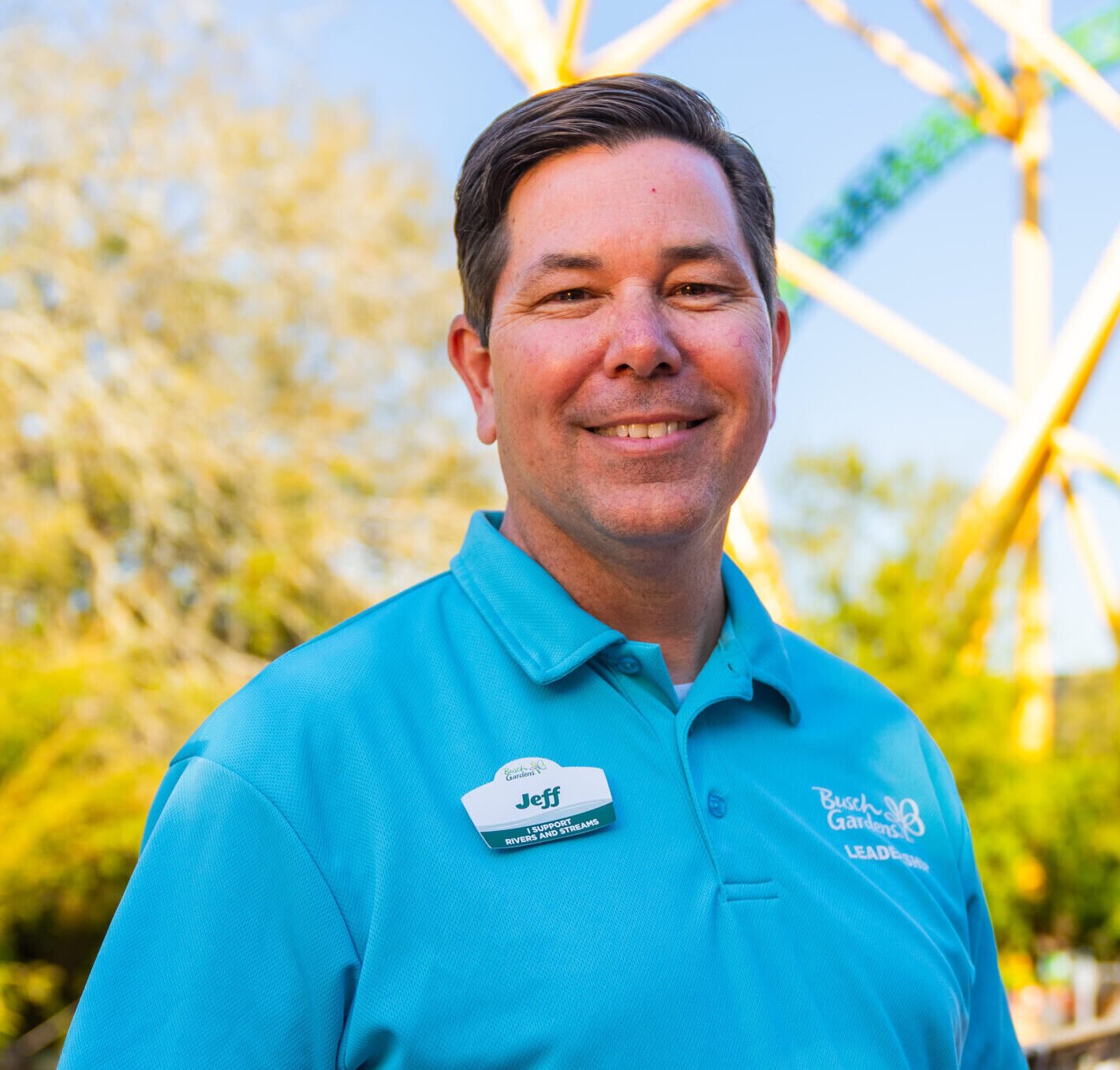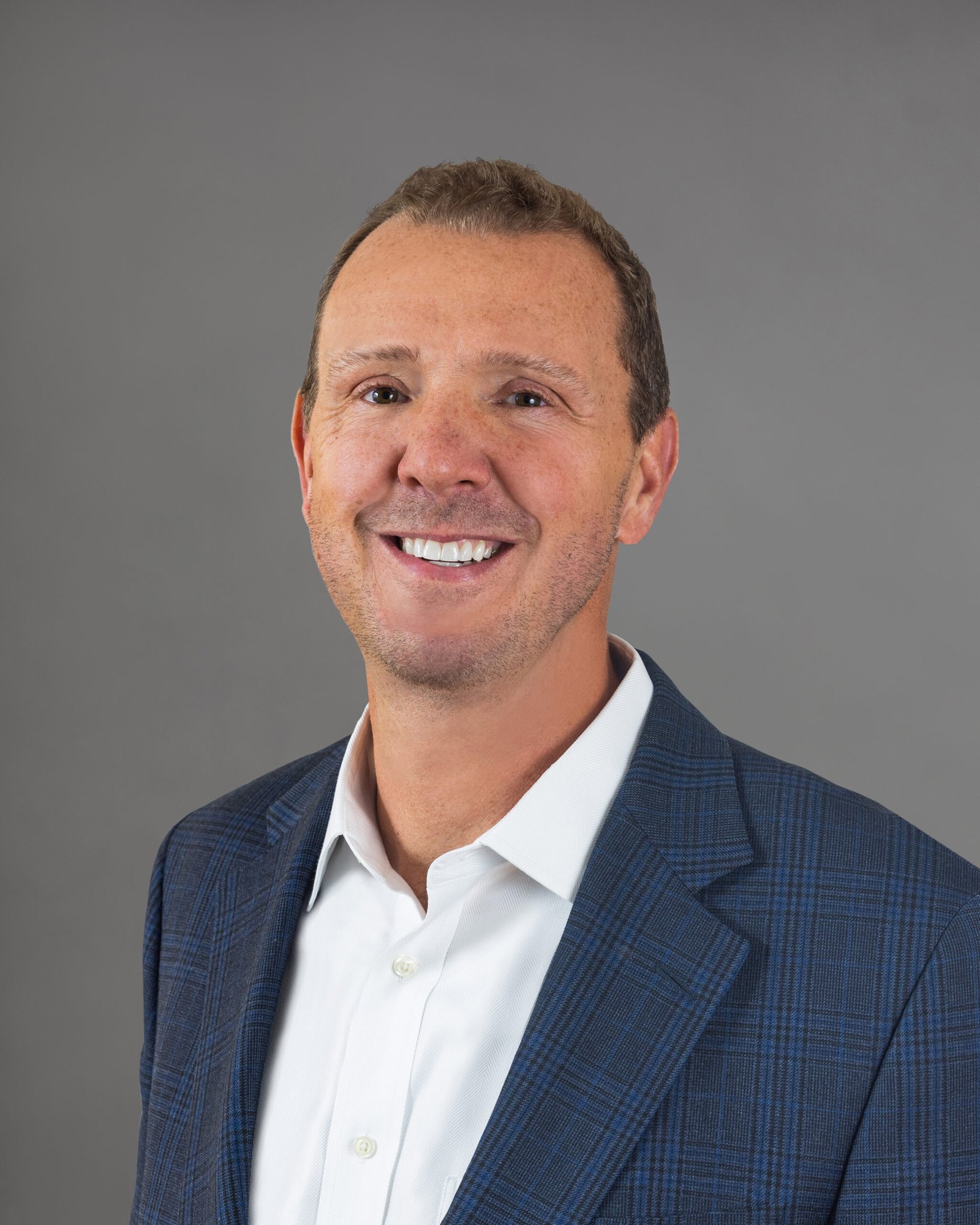I recently went one on one with Seneca Hampton, CEO of Hampton Adams.
Adam: Thanks again for taking the time to share your advice. First things first, though, I am sure readers would love to learn more about you. How did you get here? What experiences, failures, setbacks or challenges have been most instrumental to your growth?
Seneca: I grew up not having a lot and watched my parents overcome drug addiction. I saw my mom finish school and become an LVN. My dad finished school, went back to college, and became an industrial X-Ray technician while supporting all of us. There were days and mornings and nights where we would sleep in our car, eat grilled cheese sandwiches for breakfast, lunch and dinner. Watching my parents persevere taught me a lot about what it takes in order to not only succeed but get through it. Although it was hard, I feel like those experiences really shaped me growing up. My dad would always say, “life ain’t no lollipop.” My mom would say all the time, “there’s nothing to it, but to do it in.” I’d watch her get us kids on the bus, stand outside Vons, and ask people for dollars. This caused me to realize that life’s not easy. However, it also made me want a different life and taught me the skills of perseverance. I’m grateful for these experiences because I wouldn’t be who I am today.
Adam: How did you come up with your business idea? What advice do you have for others on how to come up with great ideas?
Seneca: I did customer service for about four and a half years at Apple and got really good at it. At the same time, a colleague introduced me to some guys who were selling light bulbs on Amazon. I realized with Amazon, you don’t have to be standing in front of people and using your time to make sales. Once I learned the science of selling on Amazon, I set out on my own. I was looking to sell something that I was passionate about and could build a business around. I grew up playing football, my dad was my coach, and my mom was a nurse. She was always taping up something, sticking us with a syringe, or making some medical concoction for something. Sports medicine seemed fitting, so I set out to improve athletic tape.
My advice is to go where there is demand. A lot of people try to start a business with the sole purpose to get rich. In doing that, they don’t realize the turmoil and trouble to make it successful. At the first roadblock, it becomes easy to quit because they didn’t anticipate challenges. This happened because they weren’t really trying to solve a problem or serve a customer – they were just trying to get rich. To go where there is demand, you need to have an idea of what people want and need. If you create a product people need to buy, then it becomes easier to sell.
Adam: How did you know your business idea was worth pursuing? What advice do you have on how to best test a business idea?
Research. It goes to my previous point of “where is the demand?” If you can find out where people are and what they’re buying, then you’ll have a better idea of what to sell. Testing an idea is where the heavy lifting comes in. As an example of this, I created a dog walking app that was similar to Uber about 14 years ago. The app wasn’t even finished, but I created a landing page and a signup page with the goal of downloads. This was not mapped out whatsoever, but the point was to test do people want this? I ran the app and in a day, I received about 500 signups. I was able to test the viability and determine the demand for my idea, but then I realized the work it took to build an app. I wasn’t ready for the planning and working with developers, engineers, and tests. So although there was demand and people wanted it, I wasn’t prepared to pay that cost.
Adam: What are your best sales and marketing tips?
Seneca: I think everyone is tuned into what I like to call, “Wii-FM,” as in “what’s in it for me.” If you’re in marketing, you can speak to the desire that people are looking to have from your product, image and copy. If you can demonstrate the benefit you get from using the product and can prove it, then you’ve sold it.
Adam: In your experience, what are the defining qualities of an effective leader? How can leaders and aspiring leaders take their leadership skills to the next level?
Seneca: Leaders, put yourselves in your employees’ shoes. You have to speak the language that your employees speak. It’s very similar to direct-response marketing, as you have to know who you’re talking to, how they like to be spoken to, and their goals. I would say for me, it’s showing that you actually care about their development, their life, about how their role fits into the company. An effective leader helps people see how they play into the bigger picture of what the big goal is, and then inspires them to go and reach that goal for the benefit of their customer. If everybody’s on the same page, it starts to make the goal much easier. For instance, I’ve found that reading customer feedback to the team gets them inspired and bought into what we’re doing and who we’re serving. When you believe in something, getting people to go the extra mile or to care becomes easier.
Adam: What are your three best tips applicable to entrepreneurs, executives and civic leaders?
Seneca: As soon as you think you know it all, you’ve lost. Keep learning has to be your superpower because every problem is an opportunity for you to get smarter. The more problems you solve, the smarter you get and the higher you go. As soon as you start to see problem-solving as an inconvenience, you put yourself in a position where things can begin deteriorating and your job will wear on you.
Tip number two is always be looking for the next challenge. You should always be moving towards your purpose and big outcome. Determine your five-year plan, your ten-year plan, and so on. As long as you can keep that in front of you and find the next challenge, you’ll always be moving forward. The speed doesn’t matter, but you’ll always be moving forward.
My third tip is “hurt people hurt people.” This is in regards to your team members, your employees, and your support team. A lot of times when employees aren’t doing what they’re supposed to or they’re being difficult, it’s because of a pain or problem they have in their life. This is an opportunity for you to solve the problem to grow. I feel like a lot of times, leaders take things personal that our employees do to us, but in reality, it’s something has caused them pain and they’re responding to how they feel. Simply put, instead of taking it personally, put yourself in their shoes. As a leader, it’s not only about the work that’s being done, it’s about the people that are serving alongside you. You’re actually serving them.
Adam: What is the single best piece of advice you have ever received?
Seneca: There are two. The first I heard was when I was 21 and unhappy with life. I was told, “You are where you are in your life because you choose to be.” At first, this was very upsetting because it forced me to take responsibility for how my life looked and felt. It took power away from other things, circumstances, or people. The second was from the book Rich Dad, Poor Dad. The author says, “It’s not; you can’t afford it. It’s how can you.” Those quotes changed my life because they make it clear to me that my life is what I make it. It’s all based on my choices and beliefs.









